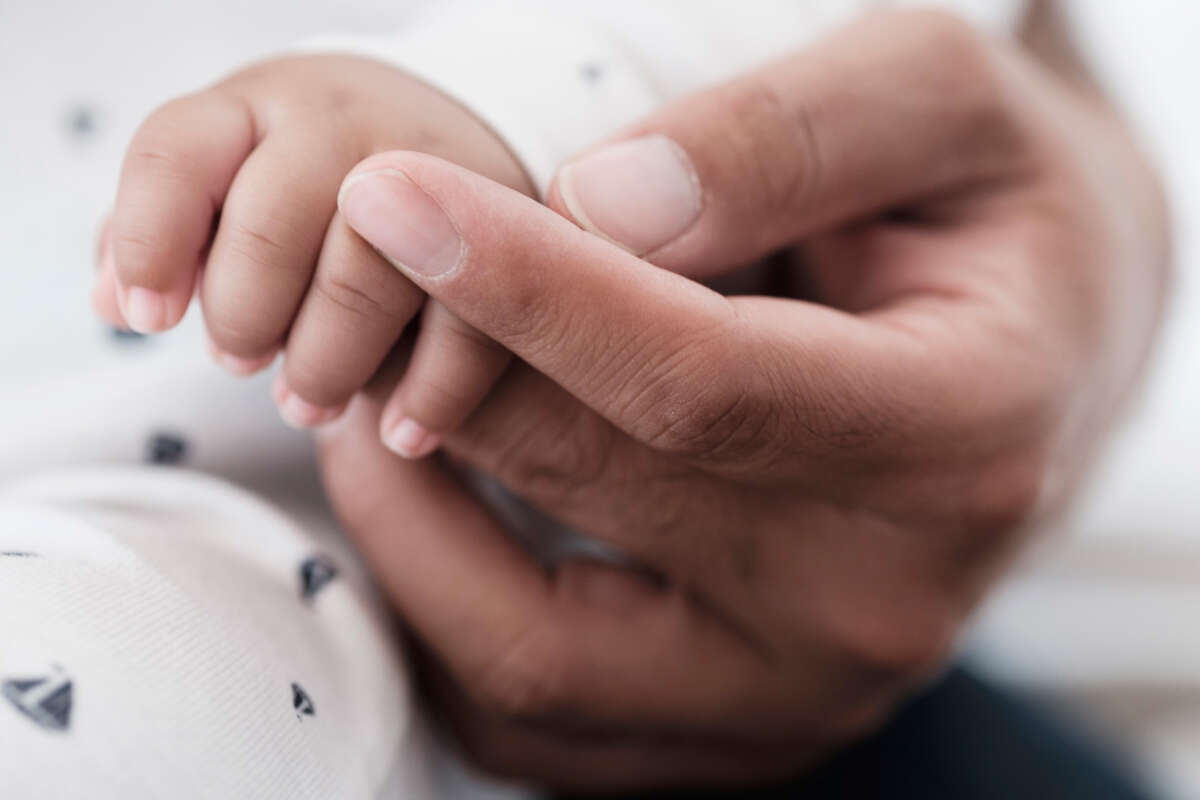Philadelphia, Pennsylvania, is aiming to begin a pilot guaranteed payment program next year that targets city neighborhoods with some of the highest infant mortality rates in the country.
Among the 10 highest-populated cities in the U.S., Philadelphia has the lowest rates of birth weight for newborns. The city’s infant mortality rate is 8.1 deaths per 1,000 live births — a staggeringly high number that is 40 percent above the national average, and 125 percent higher than the median number of infant deaths measured in Organisation for Economic Co-operation and Development (OECD) countries.
The pilot program, which will be called the Philly Joy Bank, would provide monthly payments to 250 expecting parents and parents of newborns in three areas of the city where infant health is at the lowest rates — the neighborhoods of Cobbs Creek, Strawberry Mansion, and Nicetown-Tioga. Parents who give birth to children and reside in these parts of the city would be eligible to get paid $1,000 monthly, for 18 months total, surrounding the time of pregnancy and extending one year after their child is born, as part of the program.
The Centers for Disease Control and Prevention has noted that infant mortality rates are more than two times higher for Black families than for white families across the county. Financial benefits alone cannot fix the problem, as infant mortality rates are lower for Black families even when they are financially better off compared to white families with lower incomes, due to racism that exists in the dispensing of health care in the U.S., as well as unequal exposure to pollution.
The Philly Joy Bank, which aims to start in 2024, will not just provide monetary benefits to parents, however, but will also supply those taking part in the program with access to financial counseling, help with lactation and doulas.
“We know that being able to better support pregnant people and new parents helps keep babies alive,” city health commissioner Cheryl Bettigole said.
The program has raised $3 million already from charities in the city, but wants to have an additional $3 million ready to go before the program starts.
Although not as widespread as advocates would like to see, there are a number of programs across the U.S. that provide similar benefits to parents of newborns. A program that began in San Francisco, which focused on improving birth and health outcomes for Black infants, expanded in 2022 to four other counties in the state — Alameda, Contra Costa, Los Angeles and Riverside — after having initial successes. A program in New York City called the Bridge Project, which started in mid-2021 and initially gave payments of $500 or $1,000 to Black and Latinx families for the first three years of a newborn’s life, has also expanded to hundreds of more families in the city.
Data on guaranteed payments to parents of newborns suggests that such programs are incredibly beneficial, both to infants and their parents. A study of a program in Stockton, California, for example, which provided guaranteed monthly income to 125 families, found that recipients were less depressed and anxious, slept better and had better physical health overall as a result of the guaranteed income they had received. Parents who were searching for employment were also twice as able to find a full-time job versus a control group of parents who didn’t receive the funding.
When parents across the U.S. received guaranteed payments in the form of an expanded child tax credit, as part of the American Rescue Plan during the pandemic, health outcomes for parents and infants also increased, a Michigan State University study found. “Better birth outcomes were observed across all groups receiving the Earned Income Tax Credit,” the study’s authors said in their report. “Improvements in birth weight were highest for Black women and those with a high school education or less.”
Payments for newborns and their parents are also beneficial in the long term: Data from one study, which examined the difference in outcomes for families who had a tax benefit discontinued in the 1990s versus those who kept the benefit found that children in the latter group tended to have better academic performance, including higher graduation rates when those children reached high school.
